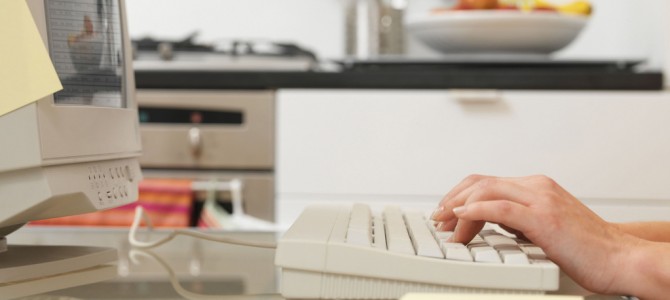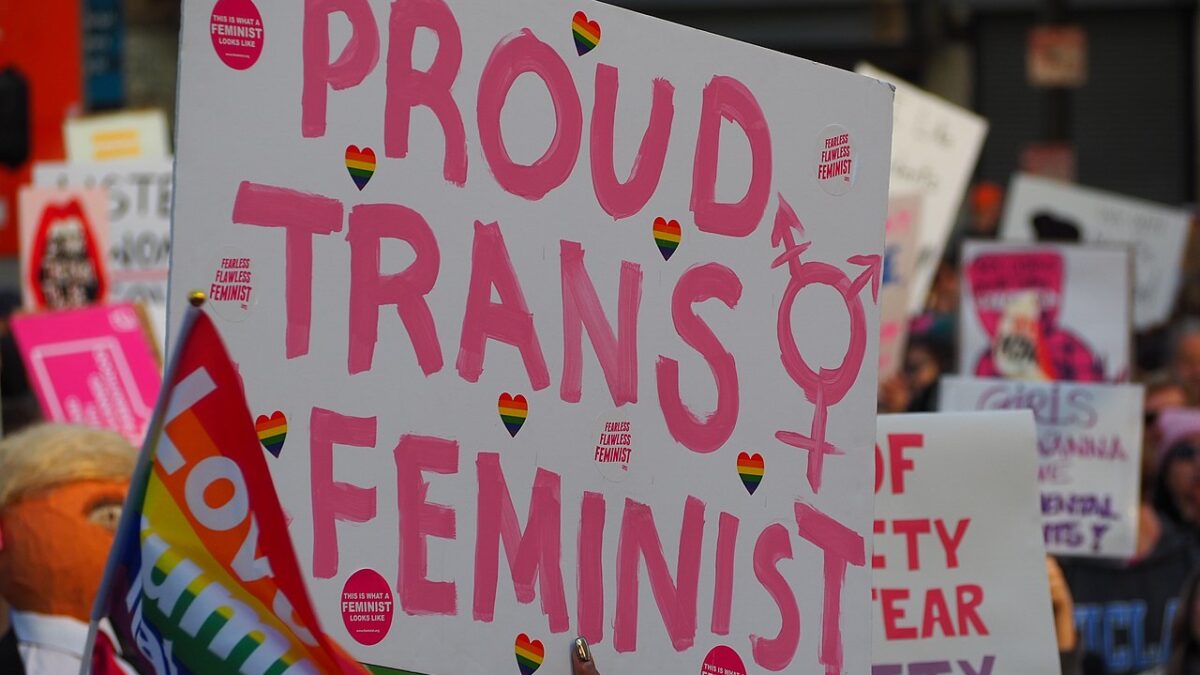
I’ve spent the last few years writing for a living. It often doesn’t even feel like work. I write what I’m passionate about: politics, culture, human rights, foreign policy. So when I first started telling friends I was pregnant, many asked me if I would get in on the “mommy blogger” bandwagon. It’s an incredibly popular genre of writing and given my tendency to overshare about everything else in my life, and my experience blogging, it was naturally assumed that I would be writing about this incredible life change.
Here’s why I’m not.
Motherhood is the most rewarding, uplifting–and challenging experience I’ve ever faced. Physically, over the last year I’ve never felt less like myself, after pregnancy, birth, and the initial recovery period. Emotionally I’ve been all over the place thanks in no small part to raging hormones. I go from happy to sad at the drop of a hat, fulfilled to desperately bored staying home with my daughter at the speed of light. It’s all part of this incredible ride that I am truly thankful to be on every day since my daughter was born. Despite being a writer, my daughter will never read any of the details of my transition into motherhood, nor will she read about the day-to-day challenges of her toddler, school age, or teen years. I don’t exist as my daughter’s mother in a vacuum. When I write about my experience as a mother, I’m also writing about my daughter’s childhood, a time that should be kept as sacred as possible.
It’s not just about my daughter’s future experiences, however, but my past experiences as a daughter that gave me this perspective.
When I was sixteen years old, my mother died. While cleaning out our house several months after she passed, I discovered her diary. It was far enough past her death that I was craving any kind of connection to her. I saved envelopes she had written on just because they had her handwriting on them. I didn’t wash any piece of clothing I kept because I didn’t want to lose her scent. I sat on the floor next to her laundry hamper trying to get a whiff of old T-shirts, desperate to hold on to the smell that had comforted me since infancy.
One would think that the discovery of her diary, then, would have been a thrilling find, and would be something I treasured forever. Upon realizing I found her diary, I closed its cover and never read a single page. I’m not even sure I know where it is now, if I even still have it among the possessions I still have of hers, stored in large Tupperware boxes in my in-laws’ basement. If it is there, I highly doubt I’ll ever read it.
Whenever we move, my husband and I joke about how every annoying part of where we lived last is suddenly viewed through “breakup goggles” in the weeks before we load the moving truck. The things that made us want to move in the first place are suddenly things we will miss about living there. I feel the same way about my childhood; there are many parts of it that I can and do look back on with “breakup goggles.” There’s no written record of what took place, and as an only child my memories, faded as they may be, are now the authoritative record of what took place.
I’d like to keep my breakup goggles on when it comes to my mother and childhood. Moments like when, as a two-year-old, I pooped on the lawn to protest my mother returning to work after a long illness are viewed through my lenses, not hers. It was a childish (I was two years old, after all) and heartfelt declaration of love and longing, which is how my mother later told me she viewed the incident. Was she lying or did she too have breakup goggles? Did she view it as sweet and cute as she said she did at the time, or did she feel pressured and maybe even a little resentful? Had my mother been a mommy blogger, it would’ve become an essay in Slate, a soliloquy on not being able to “have it all.” Perhaps she would have written about how excited she was to return to work because she felt suffocated at home. If she had, I would have known that I was the one doing the suffocating. I’ll never know, and for that, I am thankful.
As a mother now myself I’m learning that mothers are human. When I found my mother’s diary, and immediately closed it, I did so because I wanted my mother to stay just the way she was in my memory: my mother. I didn’t want to see her as a woman struggling with life and death, depression, dating, and divorce. My mother was never a woman to me, she was a superhero, even though I was always aware of her flaws and shortcomings. While I conceptually realize that my mother was a human being, I don’t want to alter my memories of my childhood to include her personal struggle. Perhaps that’s selfish, but I know that my mother wanted my memories to be built in such a way, and I plan to give my daughter and G-d willing, future children, that same gift. If I had read my mother’s innermost thoughts, either in her diary or if she had maintained a “mommy blog,” that gift would have vanished.
In the last months of her life, my mother started to tell me, over and over, that having me was the best thing she ever did. Now that I’m a mother, I know that she wasn’t just being nice. I am thankful for her having told me so, and for doing it so often. I am thankful that I grew up in an era before mommy blogging and social media, where every detail of my mother’s perspective is instead inside a book that can be closed and put away. I controlled the pages of the diary; they were not freely available for the world to read as an open tab next to the CNN and ESPN homepages. Motherhood is a struggle just as most blessings and rewarding experiences are, but I’m glad that I will never know about hers, nor will anyone else.









